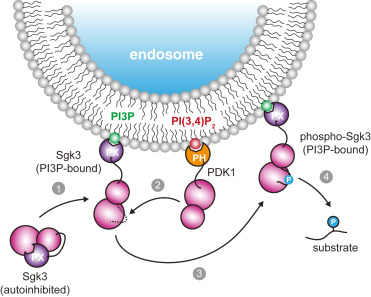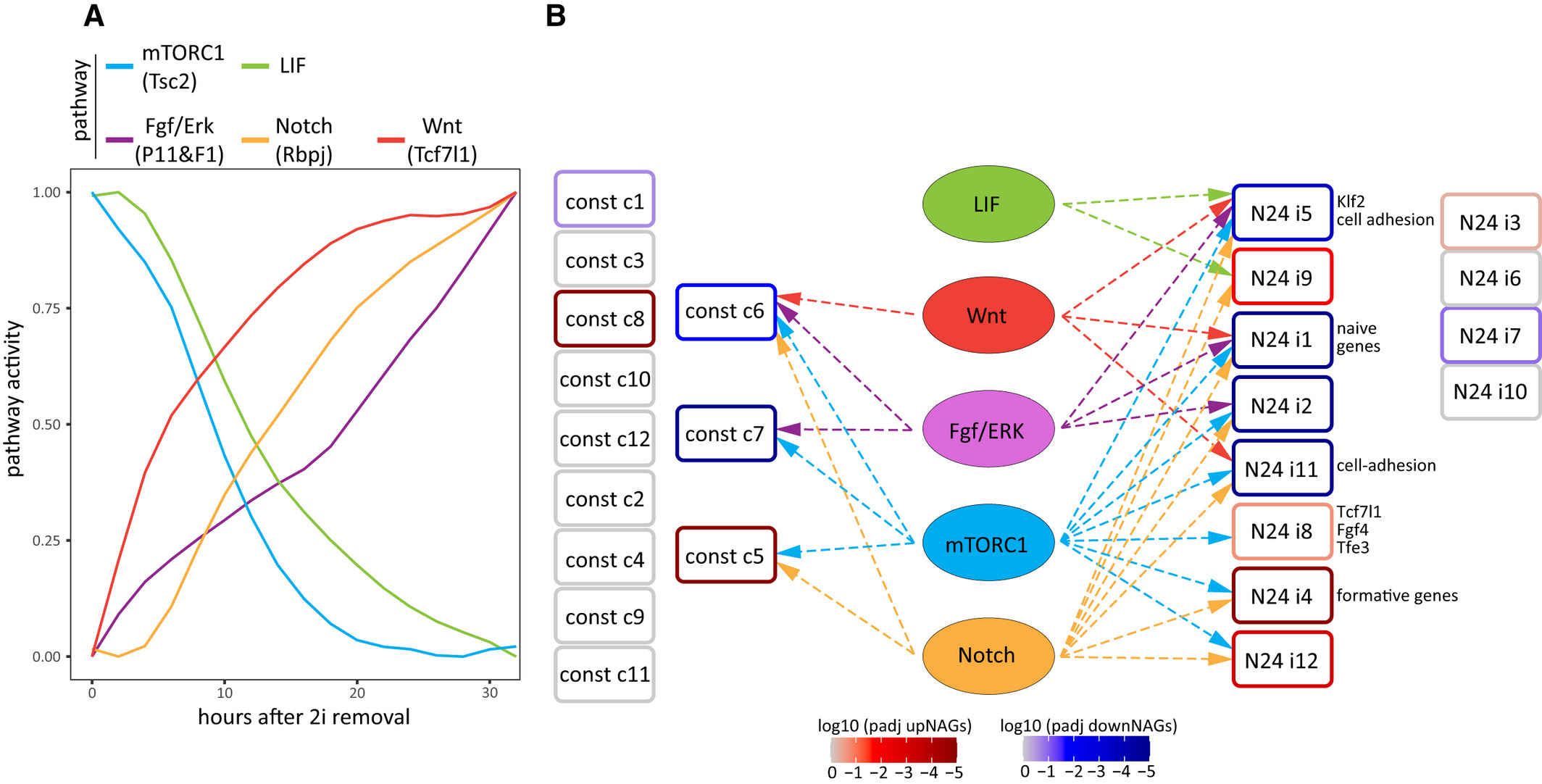Phosphorylation of proteins is a ubiquitous mechanism of regulating their function, localization, or activity. Protein kinases, enzymes that use ATP to phosphorylate protein substrates are, therefore, powerful signal transducers in eukaryotic cells. The mechanism of phosphoryl-transfer is universally conserved among protein kinases, which necessitates the tight regulation of kinase activity for the orchestration of cellular processes with high spatial and temporal fidelity. In response to a stimulus, many kinases enhance their own activity by autophosphorylating a conserved amino acid in their activation loop, but precisely how this reaction is performed is controversial. Classically, kinases that autophosphorylate their activation loop are thought to perform the reaction in trans, mediated by transient dimerization of their kinase domains. However, motivated by the recently discovered regulation mechanism of activation loop cis-autophosphorylation by a kinase that is autoinhibited in trans, we here review the various mechanisms of autoregulation that have been proposed. We provide a framework for critically evaluating biochemical, kinetic, and structural evidence for protein kinase dimerization and autophosphorylation, and share some thoughts on the implications of these mechanisms within physiological signaling networks.
J Biol Chem 297(2) 100919
D. Pokorny, L. Truebestein, K. D. Fleming, J. E. Burke, and T. A. Leonard
J Biol Chem 297(2) 100919
D. Pokorny, L. Truebestein, K. D. Fleming, J. E. Burke, and T. A. Leonard




